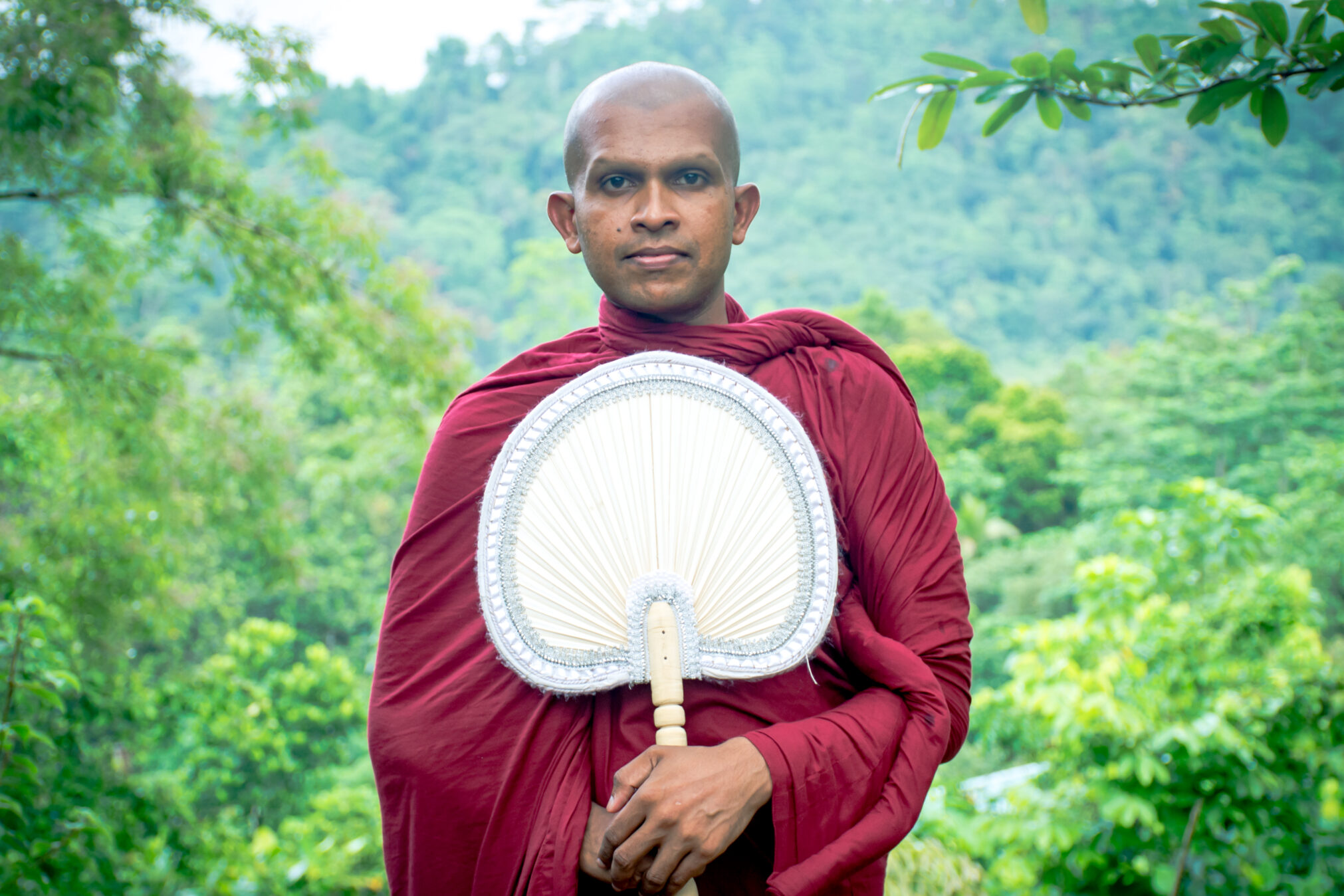The mechanism of addiction is a self-sustaining cyclic mental process that is dependent on several factors. Each time you iterate the cycle, the addiction is reinforced, and the mind becomes increasingly addicted in this vicious circle. According to Buddhist philosophy, this cycle keeps running due to it being rooted in ignorance, which in turn leads to craving. By educating the mind about itself and its natural tendencies in the presence of craving, the addiction cycle can be inhibited permanently. This method has been tested and proven in the Jethavanarama Buddhist monastery in Sri Lanka for over 5 years with more than 300 individuals. So yes, addiction can be stopped permanently despite encountering trigger environments.
This talk will help understand the mental processes and Buddhist philosophical principles behind drug addictions and other related issues as well as any addiction problem or behaviour. All those of any capacity interested in addiction problems, including counsellors, people involved in rehabilitation programs can reap the benefits as it discusses the mental process involved in addiction and most importantly how the process can be reverse engineered for better treatment outcomes.
This course will be held in person at the Library only. Please register if you wish to attend.
Teacher profile
 Ven. Dr. Athurugiriye Mahinda Thero
Ven. Dr. Athurugiriye Mahinda Thero
Having lived his lay life in Australia, working as a research scientist at Australian National University after completing his PhD, Ven. Mahinda Thero has always been a curious seeker of the fundamental truths of life which he believes are the cornerstones of a fulfilling life. It was this curiosity and no small amount of good fortune which led both him and his then wife to discover the authentic teachings of the Buddha. In the footsteps of a teacher who showed them the true purpose of their life and the path that would lead them to Enlightenment. Ven. Mahinda Thero decided to make the life-changing choice to leave behind an indulgent lifestyle of worldly comforts, material successes and marriage, and set off on a journey to achieve unshakeable happiness.
On his journey as a higher-ordained monk, he has helped many thousands of individuals overcome life challenges, such as stress, anxiety, depression, relationship problems, addictions and more. Ven. Mahinda Thero is a pro bono consultant for Vimukthi Foundation, a state registered charitable NGO established in Sri Lanka, which operates several social service programmes such as a rehabilitation centre, an orphanage, and a youth academy.
Whilst practising the noble path to reach his ultimate goal of unshakeable happiness, as someone who has delivered several talks on related topics to numerous audiences both in Sri Lanka and Australia, he is well known for dedicating his time and energy to spread compassion and kindness to all and help them discover the absolute truths of life, as he once did.
All Sessions are by Donation (Dana) to the Buddhist Library. All donations to the Buddhist Library of $2 and over are tax deductible.
Dana is the traditional practice of generosity, the extending of one’s goodwill, which is fundamental to Buddhism and other spiritual traditions. The dana you give helps to maintain the Library and allows it to offer more teachings on the Dhamma so that others may benefit in the future. It is up to each person to determine the amount of dana they’d like to offer. We understand that this is a difficult time financially for many, and people will give what they can. An appropriate dana can’t be prescribed but requires sensitivity to its intent and to the individual’s own situation, as well as awareness of the cost of organising events and supporting teachers who spread the Dhamma.

